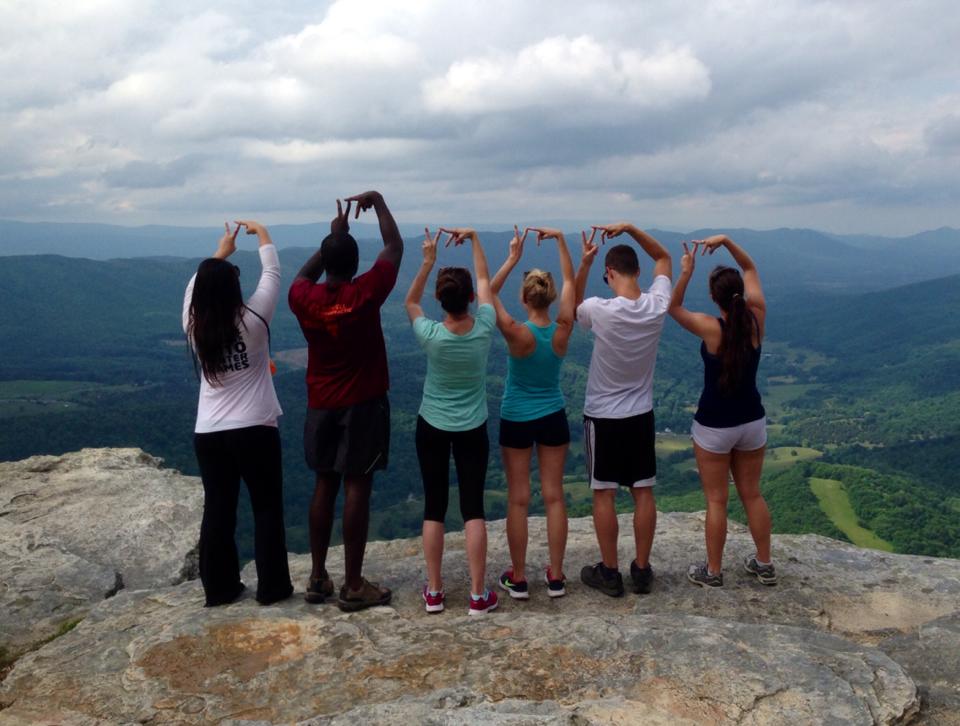Developing Scholar-Clinicians. Advancing Family Therapy. Creating Positive Change.
Mission and Goals
The mission of the marriage and family therapy (MFT) doctoral program area, in the Department of Human Development and Family Science at Virginia Tech, is to develop scholar-clinicians who demonstrate respect for diversity and inclusion and will advance the field of MFT through research, clinical supervision, teaching, clinical practice, and community and professional engagement.
To achieve this mission, we have established a numerous of program goals and student learning outcomes. Our students will…
Program Goal 1: Conduct methodologically sophisticated research that advances knowledge and has clinical implications for marriage and family therapy.
- SLO 1.1: Students will demonstrate proficiency in using qualitative and/or quantitative research methods to conduct methodologically sophisticated, rigorous research with relevance to marriage and family therapy.
- SLO 1.2: Students will contribute scholarship to the field of marriage and family therapy, or a closely related field, in the form of two publications and two national conference presentations, with the student serving as lead author for at least one publication and one presentation.
Program Goal 2: Demonstrate knowledge and skills associated with effective collegiate teaching and relationally- and systemically-informed clinical supervision.
- SLO 2.1: Students will gain collegiate teaching experience.
- SLO 2.2: Students will be proficient in teaching within a collegiate classroom setting.
- SLO 2.3: Students will demonstrate proficiency in conducting relationally- and systemically-informed supervision.
Program Goal 3: Demonstrate proficiency in systemic clinical practice with a diverse clientele across the lifespan.
- SLO 3.1: Students will demonstrate the ability to utilize multiple clinical theories and approaches in their clinical work.
- SLO 3.2: Students will demonstrate competence in the professional practice of marriage and family therapy.
- SLO 3.3: Students will demonstrate knowledge and application of the AAMFT Code of Ethics, and other relevant ethical and legal standards.
Program Goal 4: Engage in public scholarship, relevant to the field of marriage and family therapy, via community engagement and/or professional service activities.
- SLO 4.1: Students will participate in professional service and/or community engagement activities relevant to the field of marriage and family therapy.
- SLO 4.2: Students will maintain membership in at least one professional organization relevant to their career, clinical, and/research interests.
Program Goal 5: Demonstrate sensitivity to diversity and inclusion, and competence in working with diverse populations as well as marginalized and underserved communities.
- SLO 5.1: Students will demonstrate sensitivity to diversity and inclusion within the context of marriage and family therapy.
- SLO 5.2: Students will demonstrate competence in working with diverse populations, including marginalized and/or underserved communities.
- SLO 5.3: Students will demonstrate efforts to improve their skills and/or knowledge related to diversity and inclusion.
Each of our student learning outcomes, listed above, include associated targets. For more information about the program’s outcome-based education framework, please see the MFT Program Handbook.
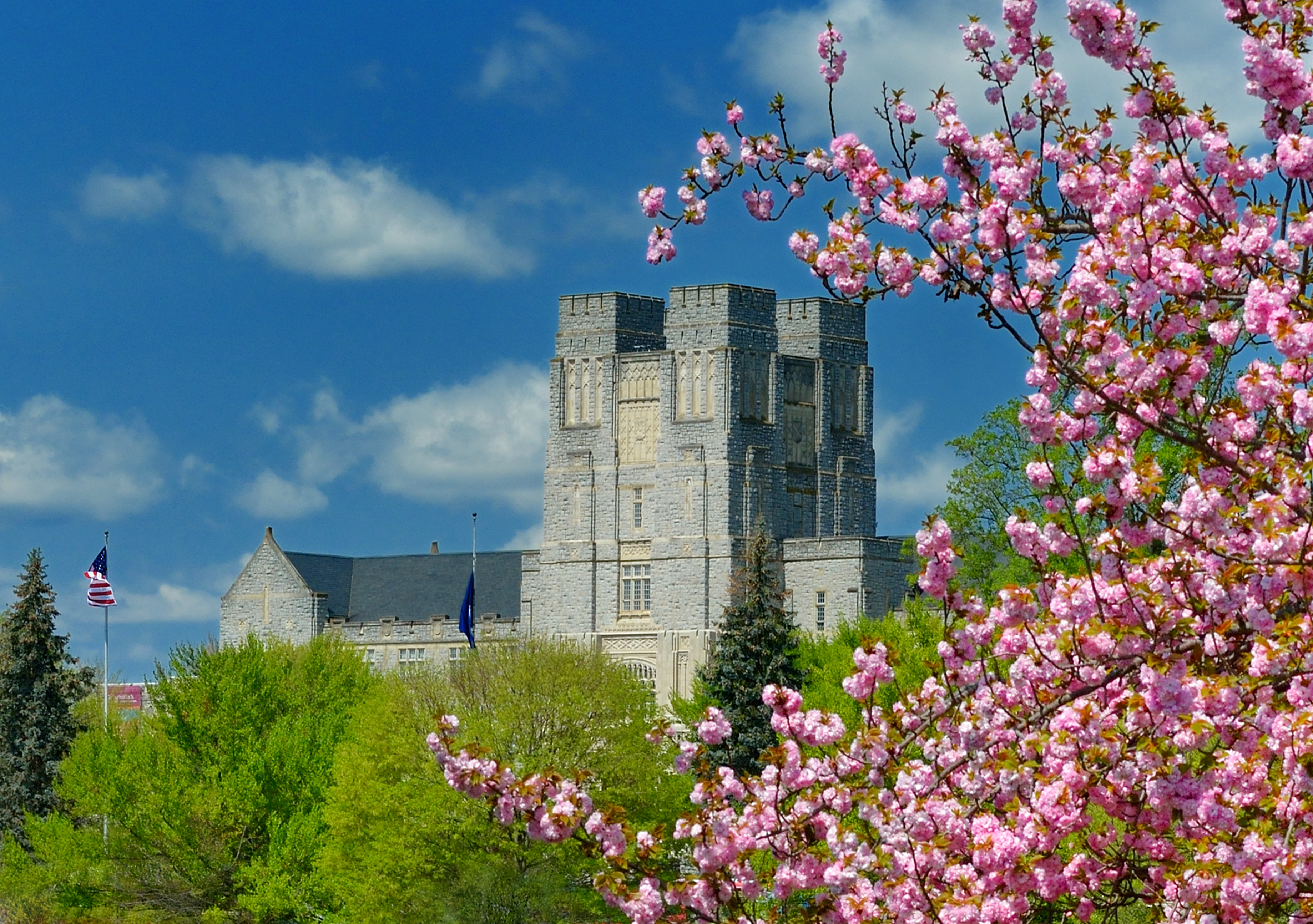
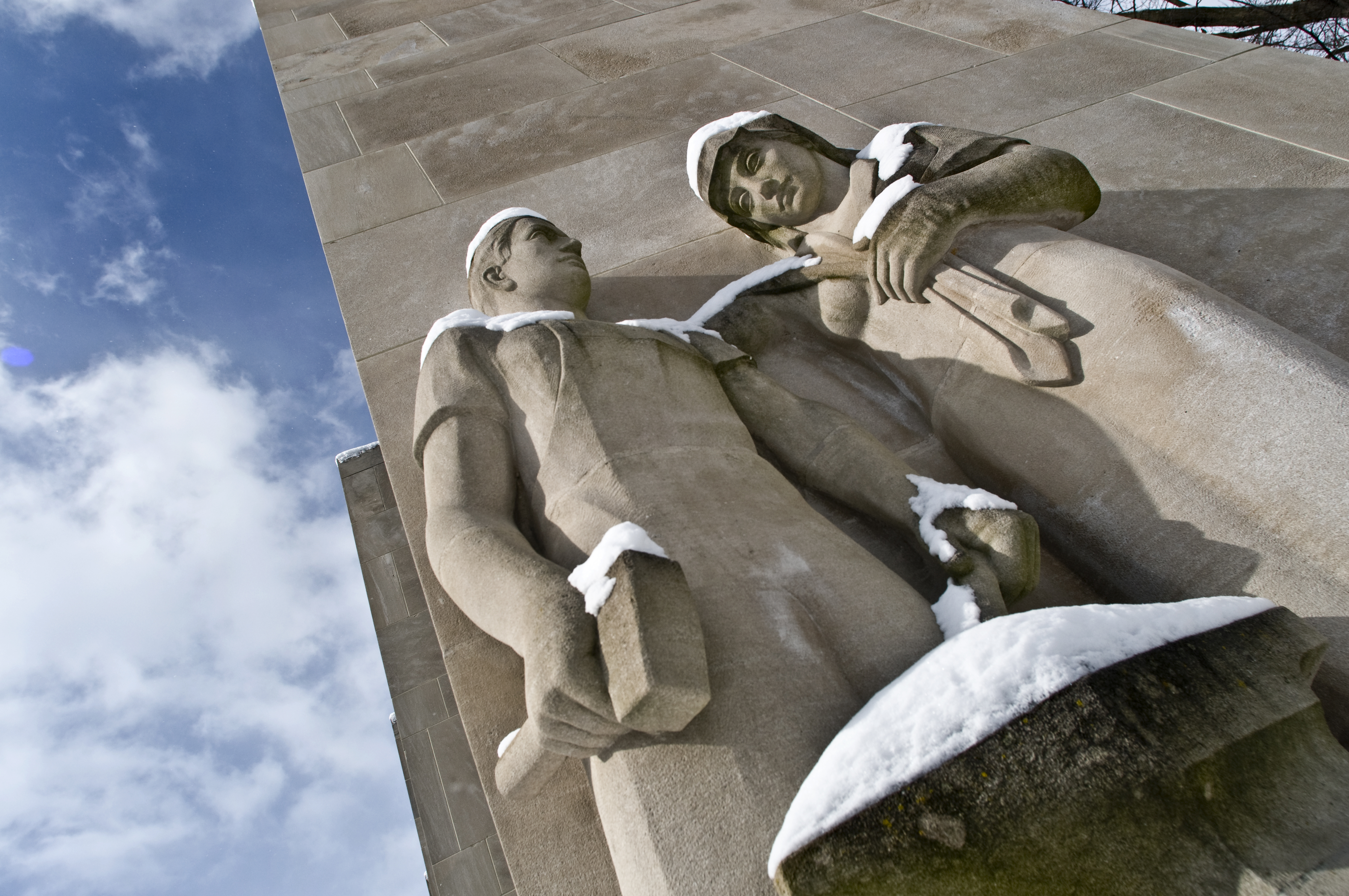
Diversity
The Marriage and Family Therapy (MFT) program area at Virginia Tech is committed to affirming human diversity based on race, age, ethnicity, ability, education, family constellation, gender, national origin, gender identity, gender expression, relationship status, health status (including pregnancy), political affiliation, religion, religious or spiritual beliefs/affiliation, sex, sexual orientation, socioeconomic status, genetic information, and military status. We believe that fostering a diverse community is vital for the evolution and growth of our program and the MFT profession, at large. Our program is committed to promoting diversity through recruitment, admissions, and retention and is continually working to prioritize program resources towards this goal.
We intentionally hold a broad definition of valuing diversity:
Affirming diversity means honoring the backgrounds, identities, beliefs, values, and life experiences of others while fostering mutual respect for difference.
As a community, we seek to engage diverse faculty, students, communities of interest, and collaborators to enhance our research, scholarship, and clinical efforts.
For more information, access Virginia Tech’s Equal Opportunity Statement.
Program Composition Diversity Disclosure
In terms of the program’s diversity composition, our students self-report diverse identities across a wide number of social locations. For instance, our students self-report diverse gender identities, and well as diverse racial and ethnic identities. In the last 10 years, approximately 35% of students admitted to the program area have self-identified with traditionally underserved racial and ethnic identities within the United States. The program also includes students of diverse nationalities – in the last 10 years, approximately 23% of admitted students have identified as international students. Our relatively small student numbers mean that very small changes in enrollment cause relatively large changes in the program’s diversity composition. Currently, the MFT Core Faculty all identify as women and as white with European ancestry.
Program History
Virginia Tech’s MFT doctoral program area was established in 1979. Our training clinic, now called the Family Therapy Center of Virginia Tech, was also founded in 1979. The program was first accredited by the Commission on Accreditation for Marriage and Family Therapy Education (COAMFTE) in 1982 and has remained accredited ever since. It is among the oldest continuously accredited doctoral family therapy programs in the nation, and has been highly regarded for many years.
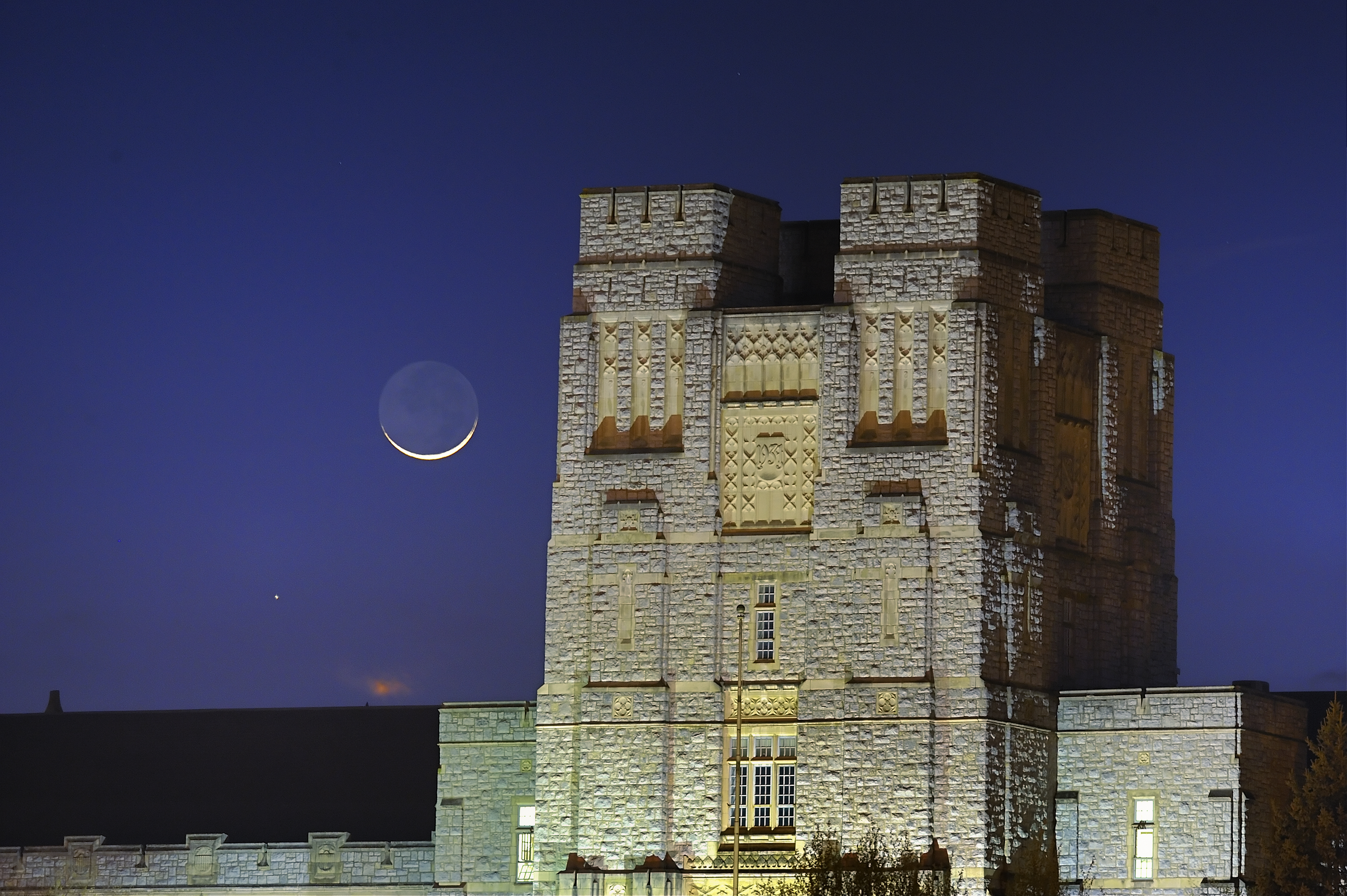
Life in Blacksburg
Situated on a plateau between the Blue Ridge and Allegheny mountains, Blacksburg is continually ranked as one of the best places in the United States to live.
Home to about 42,600 residents and ample attractions, Blacksburg is a town that perpetually earns its good reputation. With abundant leisure activities, a reasonable cost of living, safety, moderate climate, and award-winning services, Blacksburg is known nationwide as a well-managed, forward-looking community.
Founded in 1798, Blacksburg is rich in history and offers a vibrant culture. With hundreds of unique retail and dining establishments, numerous art galleries, performance halls, museums and lush green parks, it’s easy to see the allure of Blacksburg.
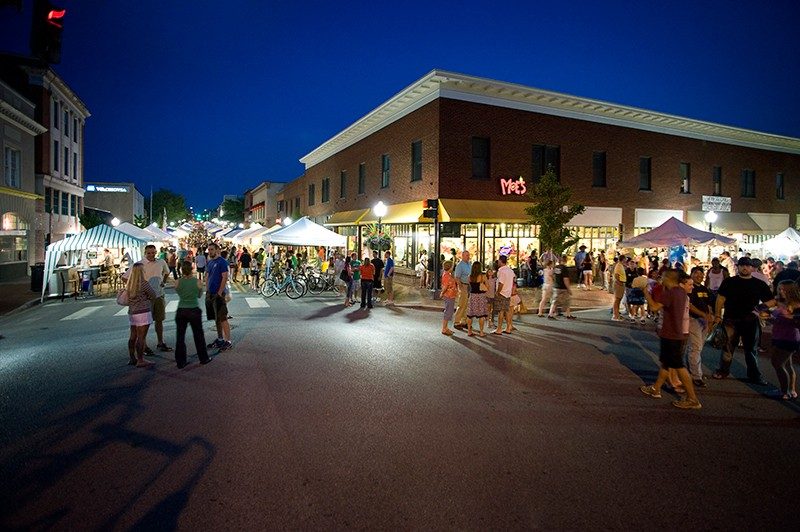
Downtown, you’ll find wide brick sidewalks that line the streets flanked on each side by Victorian street lamps, hanging flower baskets, and park benches. In the fall, you’ll hear the rustle of the trees, feel the cool mountain air on your face and enjoy a cup of locally brewed coffee as Blacksburg comes alive for game day or an afternoon at the Farmers Market.
Blacksburg is known as a Creative Village because of its commitment to the arts and its reputation as a robust technology town. With a world-class university and its Corporate Research Center, visionary entrepreneurs and an innovative workforce, Blacksburg is quickly gaining an international reputation as a high-tech hot spot.
In addition to a vibrant downtown, there is plenty to do in the “great outdoors” that surrounds Blacksburg.
Outside magazine named Blacksburg as one of the top 10 places to live in the country because of its proximity to some of the best hiking, camping, rafting, golfing, climbing, and caving in the region. From the Appalachian Trail to the Washington-Jefferson National Forest, check out all that Blacksburg has to offer at Venture Out, Virginia Tech’s outdoor recreation program.
Alumni consistently report that the natural beauty of the area, combined with the vibrant and friendly downtown, serve to make Blacksburg, and the MFT program, feel like home. As program alum Lyn Moore O’Connell put it, “my desire to jump any time I hear Enter Sandman and the pull back to Blacksburg, are just as valuable as my education, because they provide a lifetime feeling of belonging.”
Want to see Virginia Tech and Blacksburg for yourself? Schedule a visit or contact us for more information.

The Best Of Blacksburg
Courtesy of students answering the question, “What are your favorite things to do in and around Blacksburg?”
